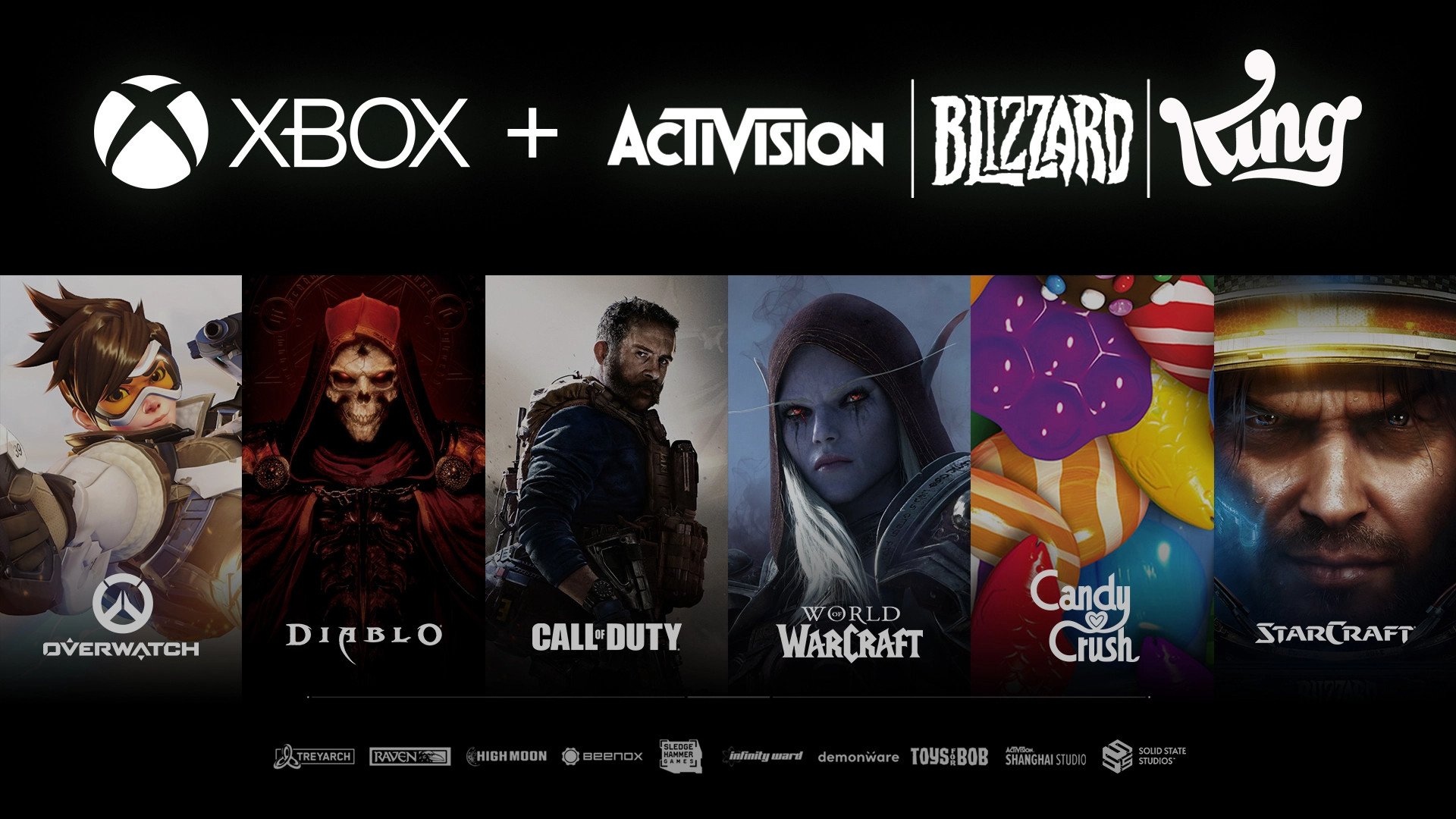The EU's position on the Microsoft Activision Blizzard deal is compromised
Bias against Microsoft? I am shocked! SHOCKED!
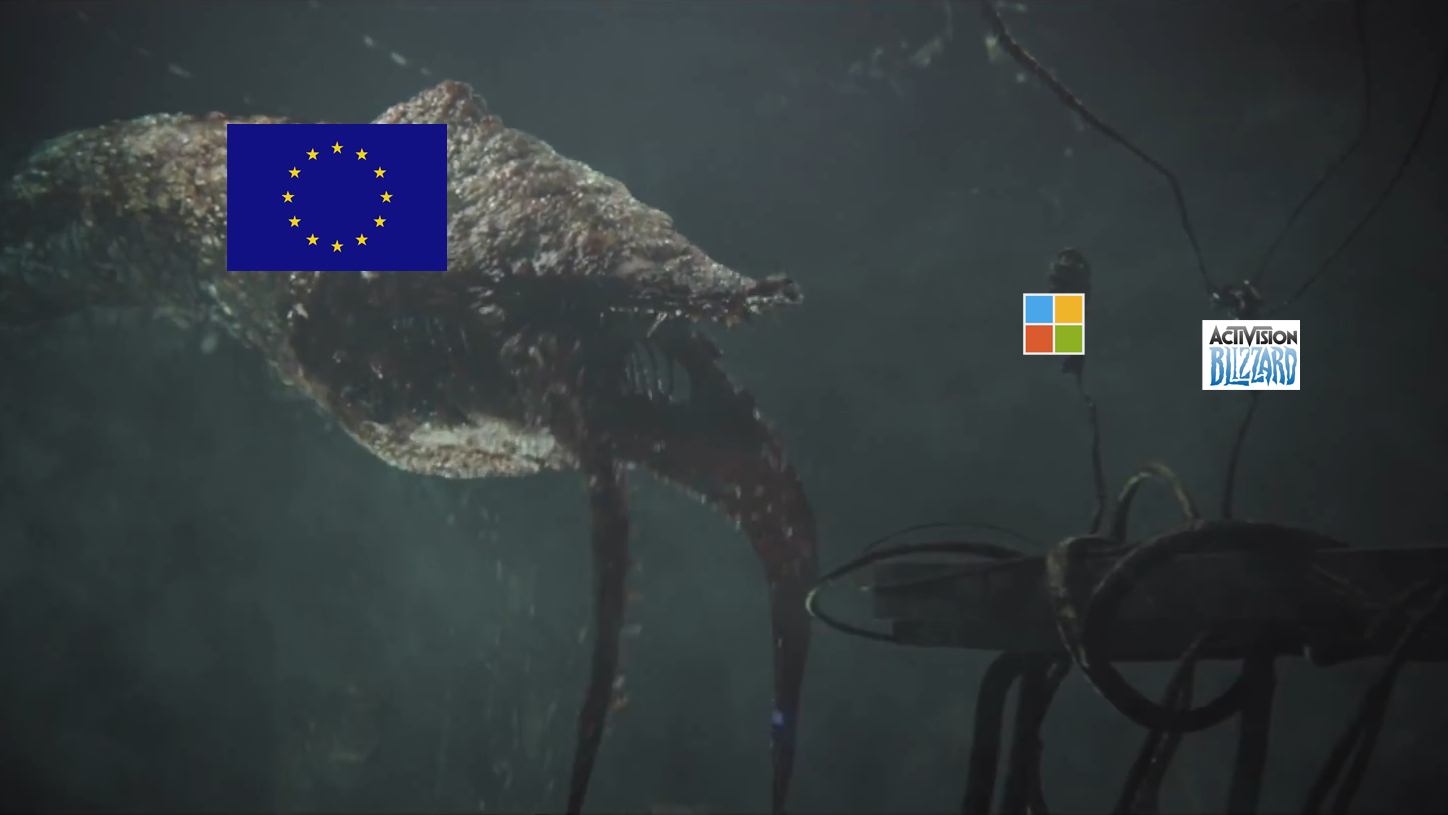
All the latest news, reviews, and guides for Windows and Xbox diehards.
You are now subscribed
Your newsletter sign-up was successful
Ooooh boy, this is a fun one!
Microsoft is trying to purchase Activision Blizzard for $69 billion dollars. Activision is the publisher behind franchises like Call of Duty, Warcraft, and Candy Crush, and Microsoft hopes the firm's blockbuster franchises will help it boost Xbox Game Pass along with its fortunes in mobile gaming, where Microsoft is presently largely absent.
A deal of this magnitude needs to clear various regulatory hurdles before becoming official. Some of Microsoft's biggest markets, including the UK, the United States, and the European Union have yet to approve the deal, pending various types of investigatory processes.
The UK CMA regulator recently had us scratching our heads over some of its strange language and arguments regarding the deal. It's easy to throw around accusations of bias, but as I wrote previously, I'm more inclined to describe the CMA as incompetent. Indeed, the UK establishment has been notorious for its tech illiteracy in the past, having previously asked Microsoft "when are you going to ban algorithms?" In an attempt to appear a little more knowledgeable on the topic of gaming, an EU representative recently tweeted his position, that he sought to keep Call of Duty "on his PlayStation," leading to accusations of bias on one end, with others claiming the furore amounted to a storm in a 16-bit teacup.
I would argue that it is far more than a storm in an afforementioned teacup, though. Given that this particular representative held a position within the EU's antitrust departments for the better part of two decades.
Is Microsoft going to get a fair hearing on this topic? Or is prevalent, decades-long negativity around the brand going to have a chilling effect on the final decision?
What did the EU say about the Activision-Blizzard merger with Microsoft?
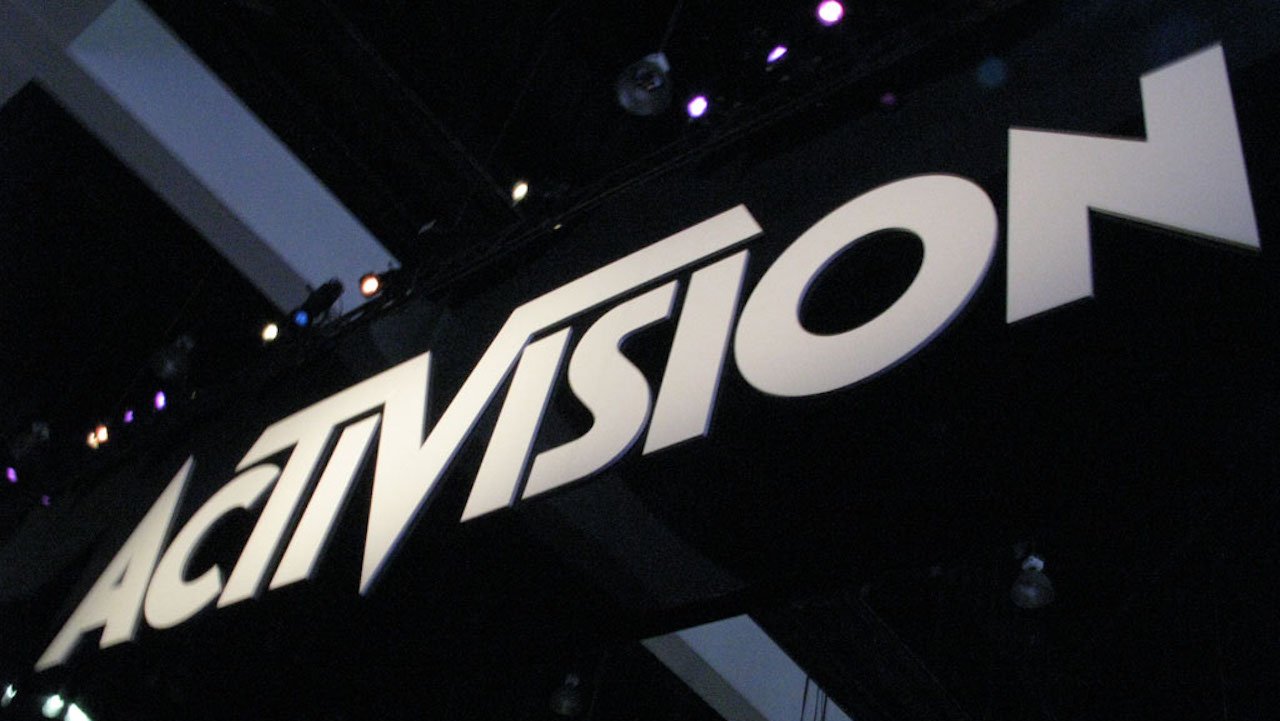
The drama began when Ricardo Cardoso, Deputy Head of Unit Interinstitutional & Outreach in the European Union, sent out a tweet that read quite blatantly as favoring Sony in the regulatory battleground.
All the latest news, reviews, and guides for Windows and Xbox diehards.
"The Commission is working to ensure that you will still be able to play Call of Duty on other consoles (including my Playstation)," Cardoso wrote, before making a relatable joke about government bodies having terrible stock pictures. After writers like myself, Tom Warren at The Verge, and Ryan McCaffrey from IGN questioned his choice of words and the apparent perception of bias, Cardoso clarified: "I am not involved in the assessment of the merger and don't even work in the department dealing with mergers. As is clear from my profile my comments are personal and not a Commission position, whose decision will be taken on the basis of the facts and the law." However, this was far from the end of the drama.
It wasn't long before the internet discovered Cardoso was, in fact, part of the regulatory "community" for 17 years before only recently entering his current role.
"Some personal news": I am delighted to join @JornaKerstin's team as Deputy Head of Unit for interinstitutional relations and outreach in @EU_Growth. I'll miss the @EU_Competition community, 17 years went by in a flash but I'm excited for the new challenge! Spot the differences? pic.twitter.com/wFIkmyXyEAJune 16, 2022
In response to the drama, EU spokesperson Adriana Podesta dropped Tweaktown a statement, promising that Cardoso won't be involved in the assessment of the Activision-Blizzard-Microsoft merger.
"As you've correctly pointed out, Mr Cardoso works in the Director General for the Internal Market and not in the Directorate General for Competition. Mr Cardoso is not involved in the assessment of this transaction. Furthermore, as indicated clearly in his Twitter profile, he tweets in a personal capacity."
So what, no big deal right? I mean, after all, he did write "views = mine" in his Twitter profile, which wholly confirms without a shadow of a doubt his position on this deal will in no way influence and advise his old mates in the regulatory "community," right?
... Riiiight?
Is it REALLY a big deal?
I'm sorry, but when you're involved deeply with a government body, you don't just get to write "views=personal" in your biography on Twitter and waive all responsibility. The EU is already a deeply mistrusted institution across large swathes of Europe, and like it or not, when you are representing something like competitions regulation even in a tangential capacity, it would at least be prudent to take care with how you project your opinions on social media.
For me, this highlights a more pervasive issue Microsoft has been working to undo since the late 90s. Among a certain age group, Microsoft is perceived as a bully, as an aggressor, and honestly anti-competitive. In the 90s, Microsoft was embroiled in a notorious antitrust case over its Internet Explorer web browser, which was among the first major internet-related legislative fallout during the dot com boom. Microsoft vs. United States it was called, and the quite public case led to a cloud of negative perception which persists even to do this day, at least on a groundswell level.
And honestly: good.
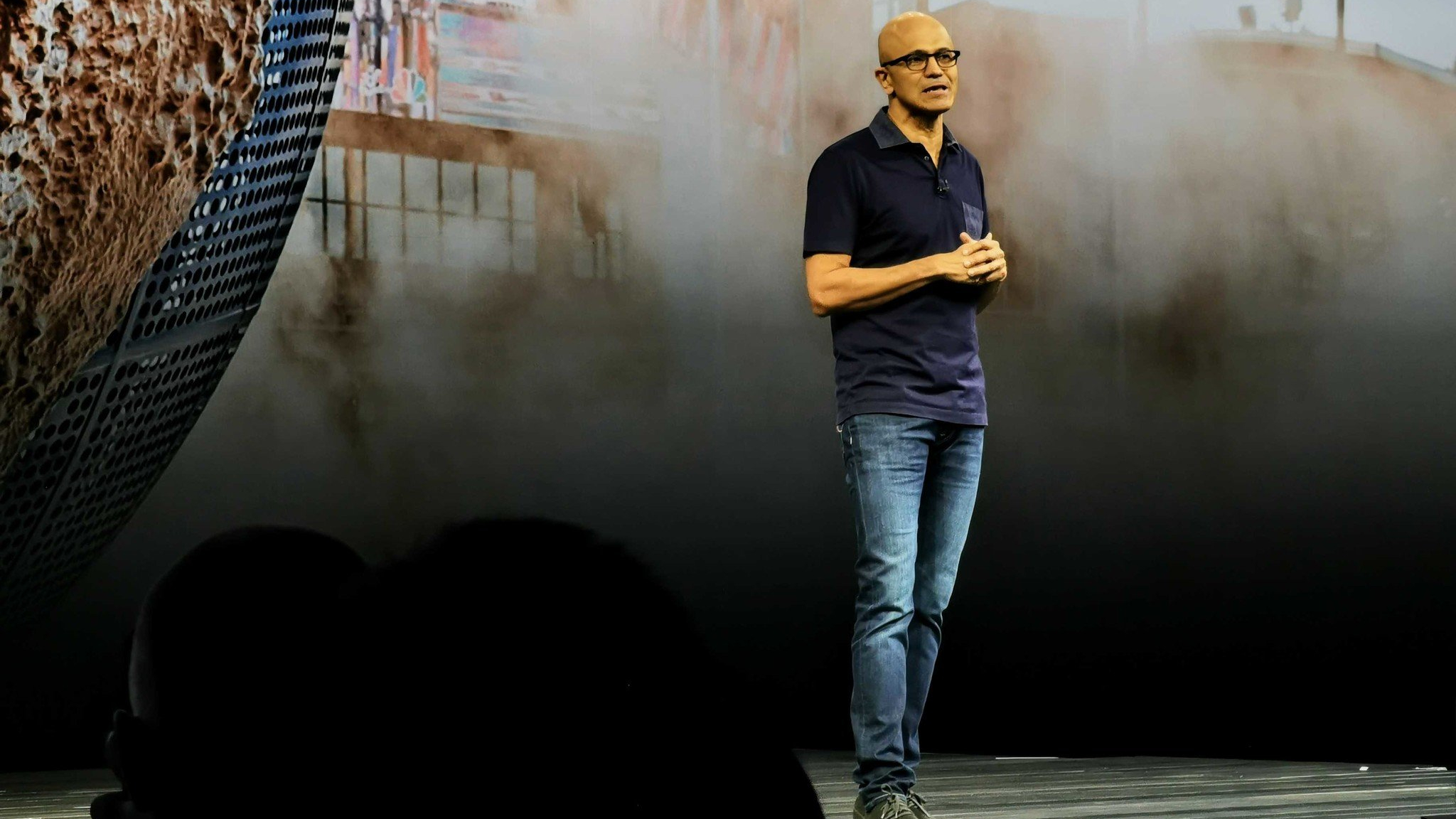
Microsoft and Xbox fans might not want to hear this, but the big Redmond giant has enjoyed a privileged position as one of the world's first $1 trillion dollar companies. Few companies have produced more millionaires than Microsoft, owing to their near-total monopoly on desktop computers both at home and in the office, and dominant positions in cloud, business software, and beyond. Microsoft should be under a microscope, because while the company has in my view cleaned up its act for the most part, it wouldn't be hard for them to slip back into greedy, anti-consumer practices if we, as onlookers, took our eye off the ball.
Nobody serious is saying this deal should not be scrutinized. And I would go further to say that nobody serious wants to see Call of Duty taken away from PlayStation. Nobody serious wants to see Call of Duty downgraded in some way on PlayStation, nor do they want to see PlayStation gamers miss out — besides all but the most hardcore fanboys. The benefit of this deal for gamers is that we'll get Call of Duty into Xbox Game Pass, at $10 per month instead of $70 per game. I would advocate that Microsoft brings that deal to PlayStation Plus as well, so that all gamers can benefit, no matter where they are, or what they choose to play on.
Microsoft is in a privileged position to be able to make this acquisition in the first place, and if they are to be allowed to go ahead with it, it should be with the view that it will benefit gamers — all gamers. But that isn't what PlayStation wants here.
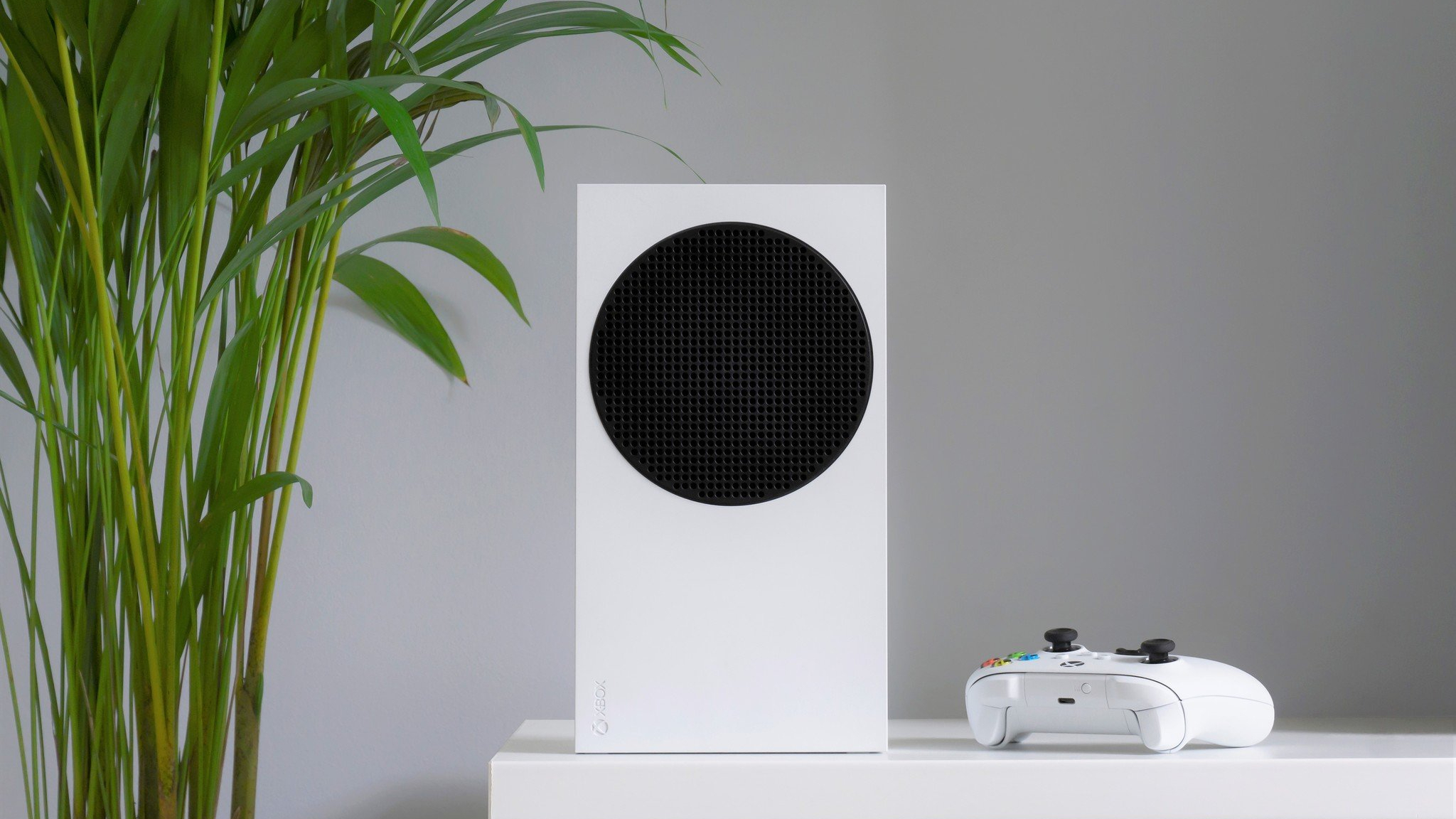
I've written before how Sony knows it won't lose Call of Duty from PlayStation, but the fact Call of Duty will move to a rival platform reduces their bargaining position in various vertices. Things like Sony's cross-play tax it charges publishers who dare to want to allow PlayStation gamers connect to Xbox gamers. Sony's anti-Xbox Game Pass clauses that force developers who want to publish on PlayStation to decline any Xbox Game Pass deals, etc. How are these things creating competition, and benefitting consumers?
It's with these things in mind that the position of regulators continues to baffle. Cardoso might not be involved with the merger directly, but the fact he has been within that "community" (his words) for 17 years likely gives him a degree of influence over individuals who perhaps don't understand the situation as well as we would hope.
The gaming industry is not like other industries. We've seen a $5 indie game called Vampire Survivors emerge out of nowhere on a $1500 budget and dominate headlines and socials without a sliver of marketing, sharing a stage with games with hundreds of millions of dollars backing them. This simply wouldn't happen in other creative industries, and it often feels like regulators don't fully understand how competitive, vibrant, and healthy competition is in the gaming industry compared to others.
It's through this cloud of ignorance that it's worth asking the question: could a couple of savvy "gamers" within the EU influence the regulatory hearings to achieve their own desired outcomes? Keeping Call of Duty on "my PlayStation" indeed.
Will Microsoft get a fair hearing?
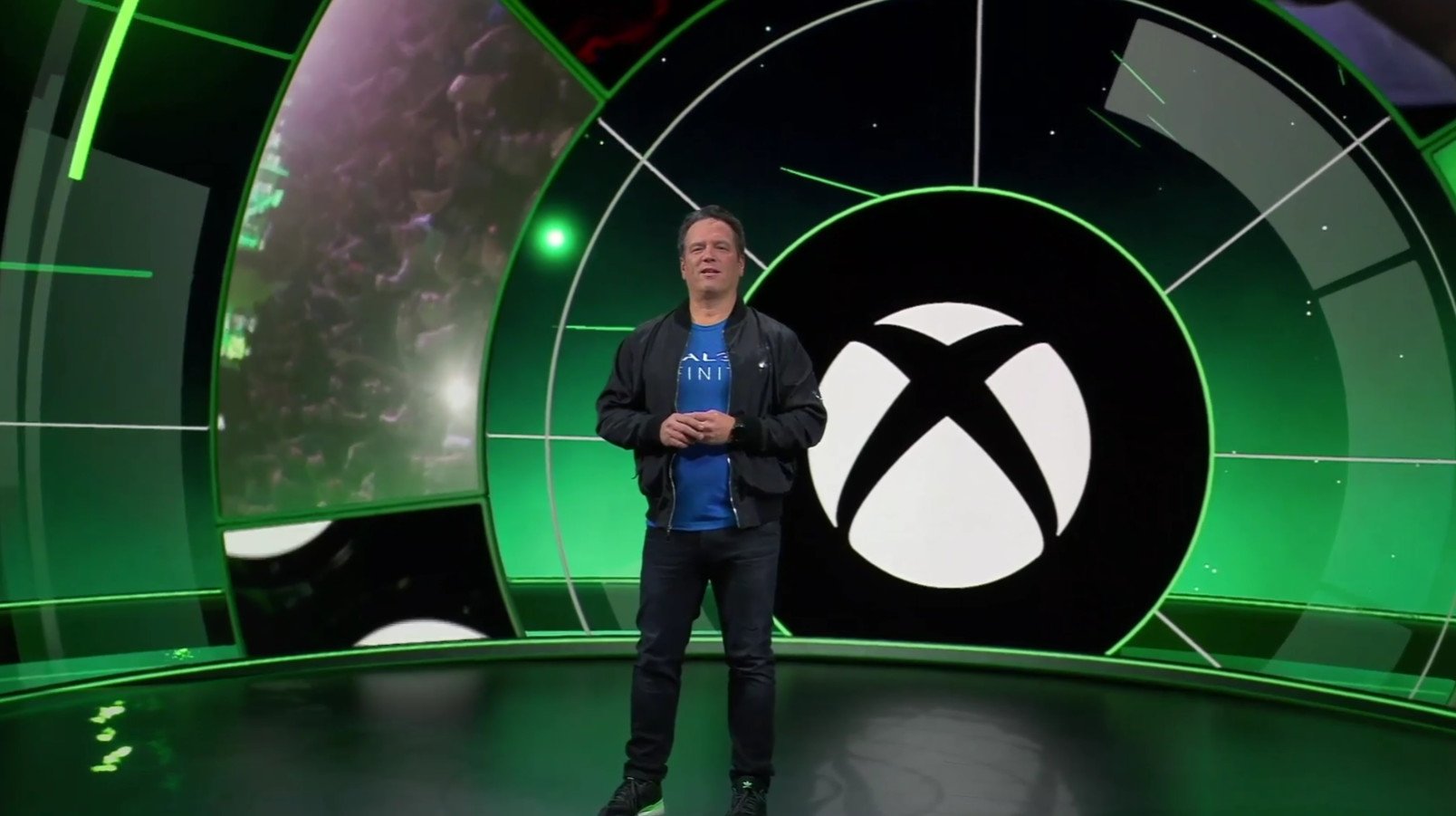
Nobody serious is suggesting this deal shouldn't be scrutinized, particularly so in Europe. Activision-Blizzard employs literally thousands of people, with a large percentage of that in Europe. Microsoft is notorious for its small customer support footprint. Frankly, I am concerned about things like: what might happen to the quality of Warcraft support over time? Will Activision-Blizzard staff be able to unionize more easily? Will I ever get a new Starcraft *cough*? And so on. As pertains to competition, though? The idea that Microsoft owning Call of Duty will reduce or foreclose PlayStation in some way is a joke at best, and a Sony talking point at worst.
Regulators are supposed to foster and develop competition, not stifle it. Microsoft is a large company, but its footprint in gaming — particularly so in Europe — puts it well and truly on the backfoot compared to its competitors. The idea that Nintendo doesn't compete in the same space, per the UK CMA, is also a joke. The audience overlap is obvious to anyone with a brain, and Nintendo is able to maintain a dominating position without a single bullet or boot from Call of Duty.
But I digress. The fact of the matter is, by revealing his personal feelings on Twitter, Cardoso reminds us quite prudently that regulators are human too, and hey, that's okay. What's not okay is abusing a governmental position to influence outcomes that favor you personally, when the role is protecting consumers — not companies, and not shareholders. And hey, if nothing else, it's one hell of a bad look.

Jez Corden is the Executive Editor at Windows Central, focusing primarily on all things Xbox and gaming. Jez is known for breaking exclusive news and analysis as relates to the Microsoft ecosystem — while being powered by tea. Follow on X.com/JezCorden and tune in to the XB2 Podcast, all about, you guessed it, Xbox!
